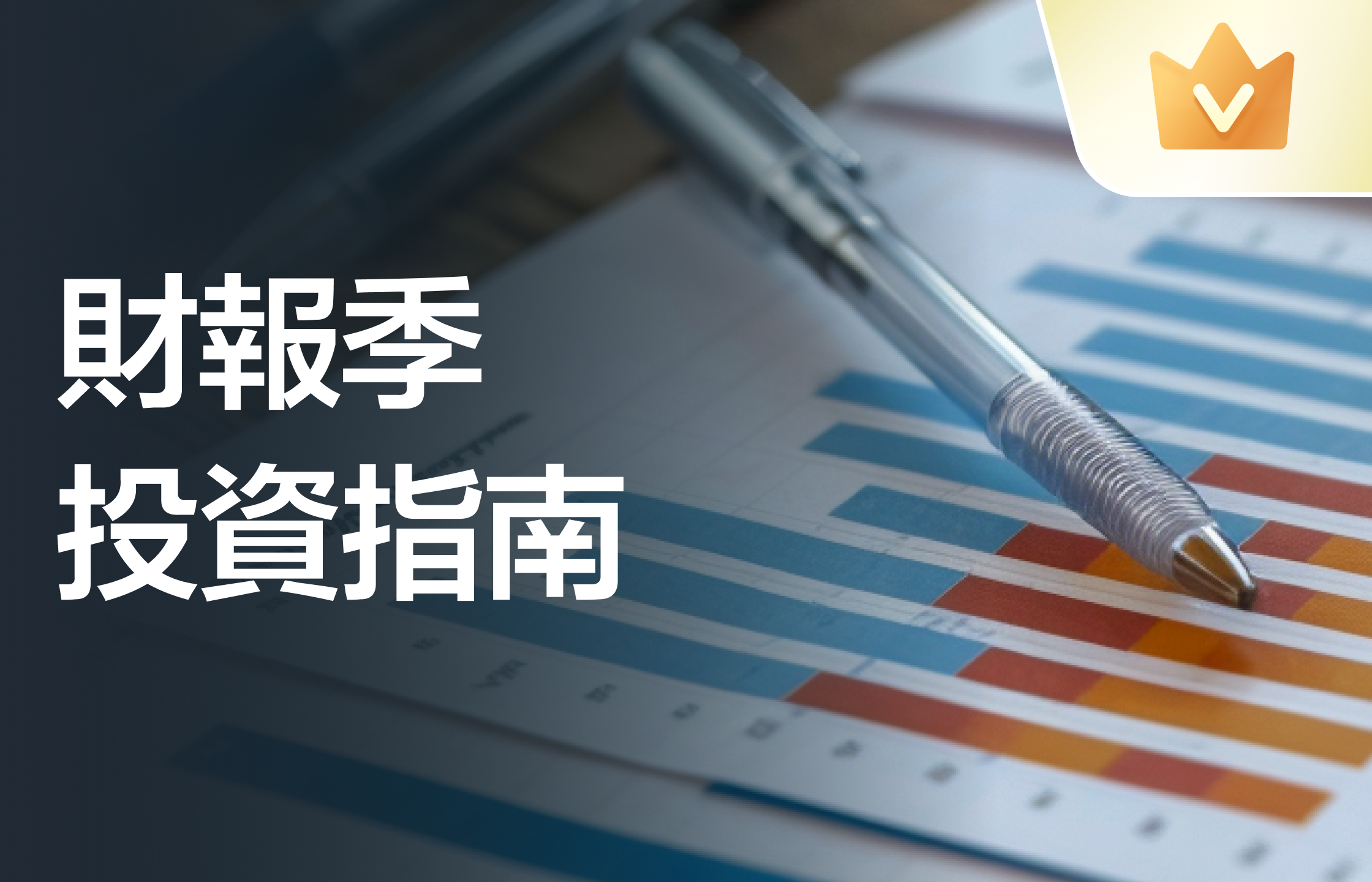摘要:粤运交通过去三年的往绩纪录良好,每股盈利在粤运交通(3399.HK; 未评级) 2012年至2015 年的年均复合增长率为54.7%。展望未来,高速公路服务和汽车运输和配套服务业务将是公司的主要增长动力,而太平互通式立交和材料物流业务将保持稳定增长。根据市场共识,公司目前的2016 年市盈率及2017 年市盈率分别为8.4 倍及6.6 倍,我们认为这估值并不昂贵,尤其是考虑到公司2015 年至2017 年的每股盈利年均复合增长率为12.3%,当中未计及公司综合物业发展的潜力。
公司背景:公司的前称为广东南粤物流股份有限公司,成立于2000 年,并在2005 年于主板上市。当时公司有四大业务:材料物流服务、高速公路服务区业务、跨境巴士服务和交通智能服务。
公司在2012 年进行重组,并出售了一些表现不佳的业务,其后公司的主要业务包括高速公路服务、汽车运输及配套服务(从母公司收购)、太平互通式立交和材料物流业务。该公司是一家国有企业,广东省交通集团持有该公司66.96%股权。中石化(0386.HK)也持有5.36%股权。
汽车运输和配套服务:内生增长+收购。在2015 年,该业务对净利润(未计及少数股东权益)的贡献最大(占45%)。在2015年年底,以客运线路牌计,公司是广东省市场最大的企业,市场份额达到20%(3,650 个客运线路牌)。管理层预计,该分部的自然增长约为每年7%-10%。该公司在2015年底拥有7,371台营运车辆,其中包括在2015年新收购的购汕尾市汕运汽车运输的贡献(473 台营运车辆)。除了自然增长外,该分部将通过以下方式实现增长:(一)每年收购1-2 家运输公司;(二)改善新收购业务的效率;和(三)增加自营车的比例(2015 年为60.26%)。
来自综合性房地产开发业务的潜在收益。公司有些服务区和站场靠近城市中心,并且可以搬迁。只要得到政府的批准,该幅土地可用于重新开发。公司估计,超过200 万平方米的土地(住宅及商业)有重新开发的潜力。阳西旧客运站将是一个试点。一旦有了成功的案例,这将有助公司在未来释放物业资产价值,其价值还没有反映在账面价值上,因为客运站往往接近完全折旧。
高速公路服务:四个细分市场中增长最快的。这部分贡献2015 年净利润(前少数股东权益)为23.7%,在2015 年年底前,公司经营120 家LOYEE 便利店(占分部收入30%),其中大部分位于高速公路服务区。该公司计划积极扩大高速公路服务区的门店数量,并目标在2016 年底增至近300 家,以及在2020 年底增加至600 家,公司将通过以下举措达成上述目标:(一)将服务区数目在2016 年底增至超过100 对(2015年底: 88.5 对);(二)增加于公司客运站场的渗透率。截至2015 年底,公司经营139 座加油站(占该分部去年收入的35.8%),约80%承包给中石化。当承包合同到期,公司将逐步收回经营权。公司的目标是在2020 年有50 家自营加油站。根据管理层估计,自营加油站的利润能力将高出100%。
摘要:粵運交通過去三年的往績紀錄良好,每股盈利在粵運交通(3399.HK; 未評級) 2012年至2015 年的年均複合增長率爲54.7%。展望未來,高速公路服務和汽車交通和配套服務業務將是公司的主要增長動力,而太平互通式立交和材料物流業務將保持穩定增長。根據市場共識,公司目前的2016 年市盈率及2017 年市盈率分別爲8.4 倍及6.6 倍,我們認爲這估值並不昂貴,尤其是考慮到公司2015 年至2017 年的每股盈利年均複合增長率爲12.3%,當中未計及公司綜合物業發展的潛力。
公司背景:公司的前稱爲廣東南粵物流股份有限公司,成立於2000 年,並在2005 年於主板上市。當時公司有四大業務:材料物流服務、高速公路服務區業務、跨境巴士服務和交通智能服務。
公司在2012 年進行重組,並出售了一些表現不佳的業務,其後公司的主要業務包括高速公路服務、汽車交通及配套服務(從母公司收購)、太平互通式立交和材料物流業務。該公司是一家國有企業,廣東省交通集團持有該公司66.96%股權。中石化(0386.HK)也持有5.36%股權。
汽車交通和配套服務:內生增長+收購。在2015 年,該業務對凈利潤(未計及少數股東權益)的貢獻最大(佔45%)。在2015年年底,以客運線路牌計,公司是廣東省市場最大的企業,市場份額達到20%(3,650 個客運線路牌)。管理層預計,該分部的自然增長約爲每年7%-10%。該公司在2015年底擁有7,371台營運車輛,其中包括在2015年新收購的購汕尾市汕運汽車交通的貢獻(473 台營運車輛)。除了自然增長外,該分部將通過以下方式實現增長:(一)每年收購1-2 家交通公司;(二)改善新收購業務的效率;和(三)增加自營車的比例(2015 年爲60.26%)。
來自綜合性房地產開發業務的潛在收益。公司有些服務區和站場靠近城市中心,並且可以搬遷。只要得到政府的批准,該幅土地可用於重新開發。公司估計,超過200 萬平方米的土地(住宅及商業)有重新開發的潛力。陽西舊客運站將是一個試點。一旦有了成功的案例,這將有助公司在未來釋放物業資產價值,其價值還沒有反映在賬面價值上,因爲客運站往往接近完全折舊。
高速公路服務:四個細分市場中增長最快的。這部分貢獻2015 年凈利潤(前少數股東權益)爲23.7%,在2015 年年底前,公司經營120 家LOYEE 便利店(佔分部收入30%),其中大部分位於高速公路服務區。該公司計劃積極擴大高速公路服務區的門店數量,並目標在2016 年底增至近300 家,以及在2020 年底增加至600 家,公司將通過以下舉措達成上述目標:(一)將服務區數目在2016 年底增至超過100 對(2015年底: 88.5 對);(二)增加於公司客運站場的滲透率。截至2015 年底,公司經營139 座加油站(佔該分部去年收入的35.8%),約80%承包給中石化。當承包合同到期,公司將逐步收回經營權。公司的目標是在2020 年有50 家自營加油站。根據管理層估計,自營加油站的利潤能力將高出100%。

